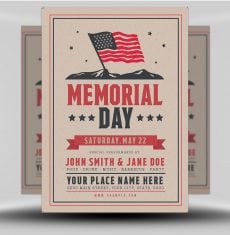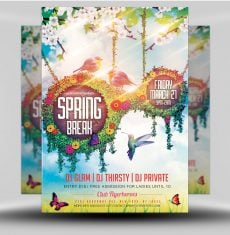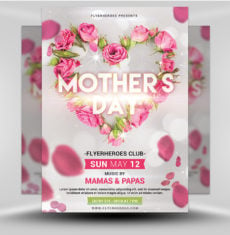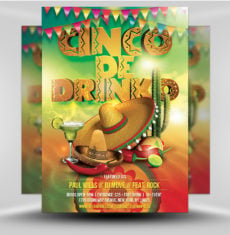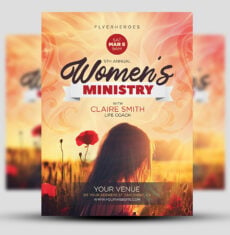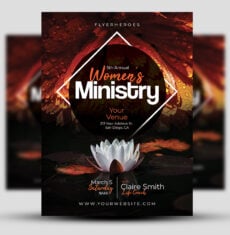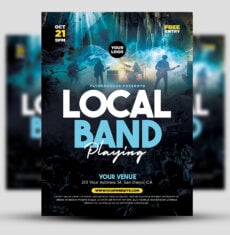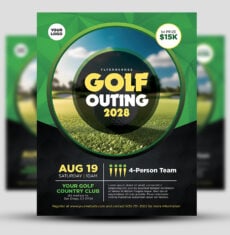New Year Party Flyer Template 2
New Year’s Eve is one of the biggest parties of the year.
This dazzling NYE Party Flyer is a great choice of design for upscale nightclubs and bars to advertise theirs.
See also: All NYE Flyer Templates for Photoshop
The white and gold colour scheme combined with abstract metallic elements creates a modern and glamorous style.
The 3D elements which fill the head add an overall depth to page. This depth contrasts the minimal style of the footer.
Alongside the template’s eye-catching style are practicality and ease-of-use. You can add multiple layers of text and information ensuring the reader is fully informed of your event’s details.
If you’re looking for something different, check out our related designs below:
View related NYE Flyer Templates:
- All NYE Flyers ››
- Neon NYE Flyer Template
- NYE Fireworks & Celebrations Flyer Template
- NYE Invitation / Flyer Template
- New Year’s Sound Blast Flyer Template
- NYE Blowout Flyer Template
What fonts do I need for this template?
General information:
New Year Party Flyer Template 2 is a premium Photoshop PSD flyer / poster template designed by FlyerHeroes to be used with Photoshop CS4 and higher.
Once you have purchased this flyer template, you are free to make any customisations and modifications you wish.
You are also granted an Unlimited Use and 100% Royalty Free License meaning you can use this product as many times as you wish for as many clients as you wish. You are free to use this product in both personal and commercial work.
You can read more on our File Licenses here and our File Requirements here.
Please note, stock models / photographs of people are used for demonstration purposes only and are not included in the final download. We do however include a blank placeholder layer to make using your own stock photos as easy as possible.
If you have any further questions, please feel free to direct your questions to FlyerHeroes Support.






